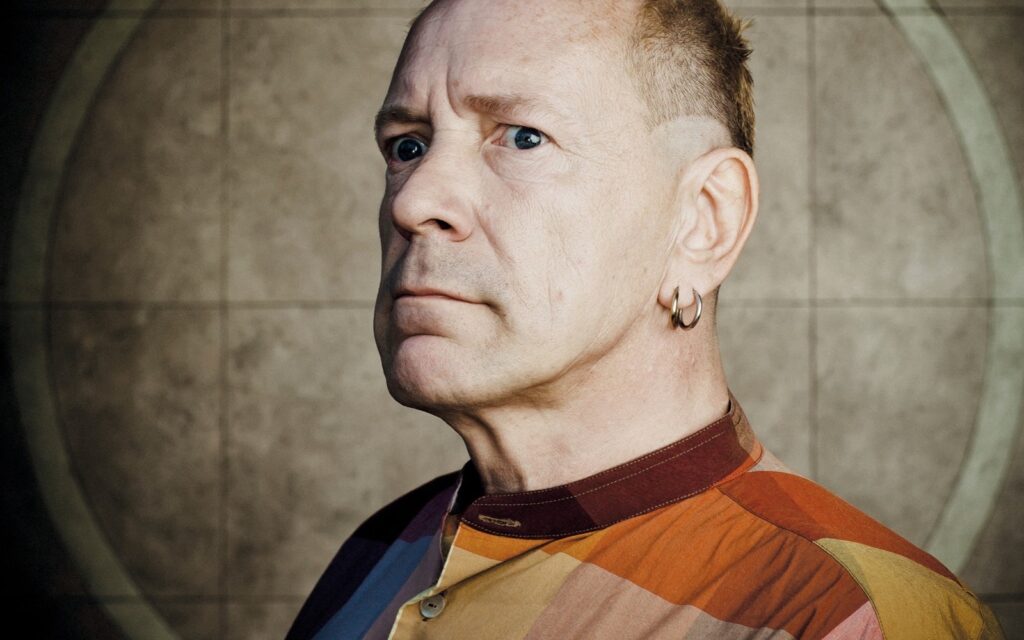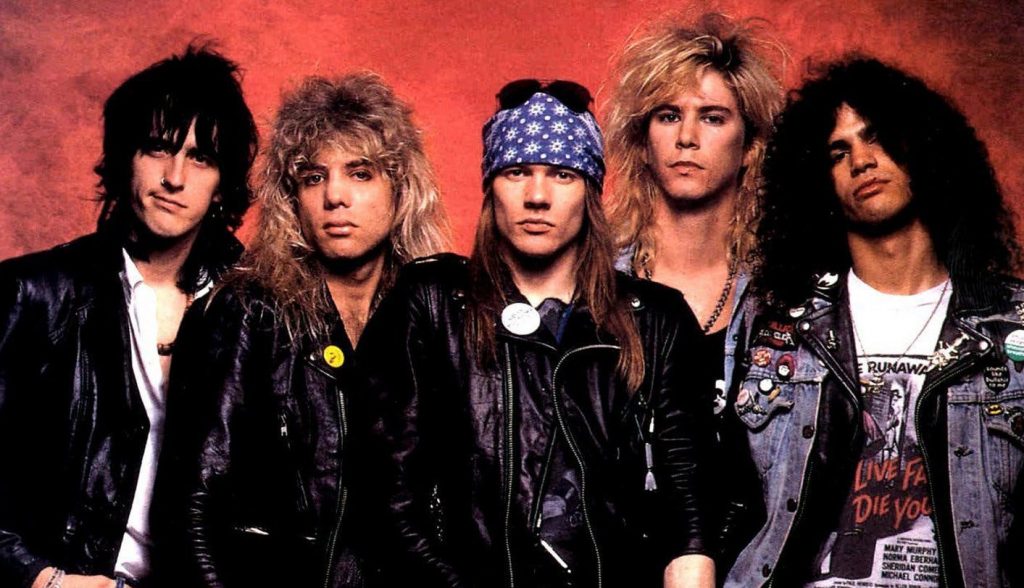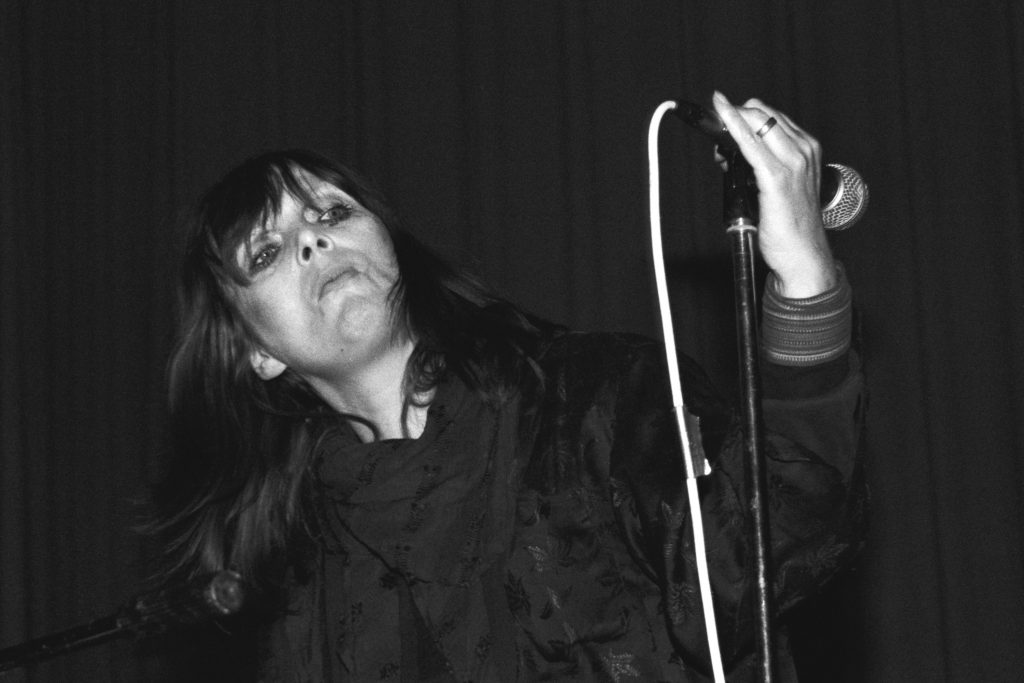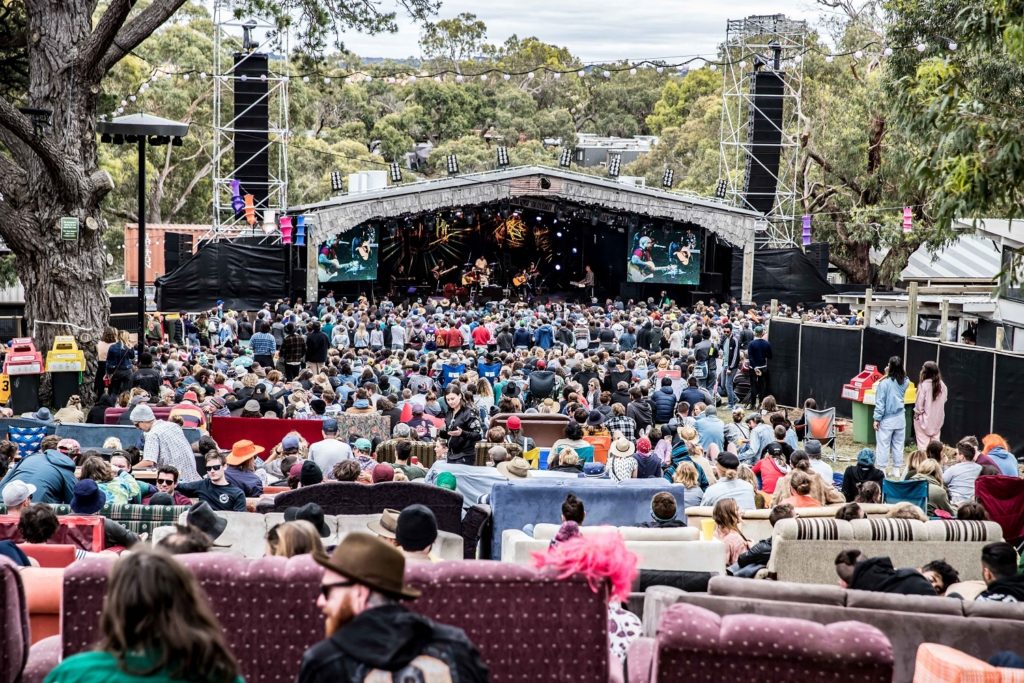One difference between The Old Magic and Lowe’s previous effort, 2007’s At My Age, is that his new album is actually selling well, garnering him some much-deserved attention. What’s curious is his reasoning behind why it took him so long to put the new record together.
“Well, it’s too hard to write songs for you to be actually able to decide, ‘Right, I’m going to do an album like this’. You can do that when you’re younger,” he says. “But as you get older, it gets harder to do. You’d think it would be a walk in the park. What normally happens is I wait until I’ve got two or three tunes that I think are pretty good, that stand a good chance of becoming good records. It’s a bit like a snowball on a hill, gathering more and more snow as it goes down. From that three-song nugget, the other songs kind of attach themselves. That’s a writing process which in my case can take three or four years, I suppose.”
The Old Magic is deceptively shrink-wrapped in a sort of middle-of-the-road plastic croon, making the listener feel that, perhaps, it’s a bit too smooth. But this is just the ploy of a master craftsman who knows exactly what the hell he’s doing. In terms of the aforementioned ‘snowball effect’, this record plays itself back out the same way. It initially has the veneer of a chardonnay wine tasting session, and then you get over the shock.Checkout Time is the first one to take hold: a tongue-in-cheek look at his own mortality that is nonetheless utterly poignant. Really, thisis the same guy who wrote Truth Drug – it’s just that this time, he doesn’t feel like beating on dead horses. By the time Insensitive Man and Somebody Cares For Me reveal themselves, the ghosts of Roy Orbison and Buddy Holly weave their way through.
Restless Feeling is the song that triggered the writing process of The Old Magic. It’s one of the more bizarre moments on the album, and it has its genesis in a rather absurd conversation fuelled by a sake-drinking session. “Two of my co-collaborators, Neil Brockbank, who does the mixing, and Robert Traherne, the drummer – they had a record label called Blue Five, and they put one record out,” Nick explains. “It was Dan Penn and Spooner Oldham from Memphis. We put out a live album of them on Blue Five. So Blue Five released one record and it was pretty successful. One night we were in Tokyo doing some shows, and we were in a bar, laughing about how Blue Five had got this tremendous success, never had a flop, and we started to joke about making a record of phony Blue Five artists, as if Blue Five had all these other artists on its books, and how we’d do a compilation record, like they used to do back in the Sixties. We’d had a few drinks, and we started thinking about decent names for some of these different artists. One of the artists we came up with was this slightly over the hill boy band like a cross between New Kids On the Block and the Osmond brothers. There’d only be maybe one or two of the original guys in it, the others having left: maybe died of drug overdoses, or bought a shoe shop or something. And the name we came up with for this over the hill boy band, which we thought was spot-on, was Coastline.
“And after a few more sakes I suddenly jumped up and said, ‘Well I’ve got their tune, I know exactly what their tune goes like'” Lowe chuckles, “and I started singing Restless Feeling. We went back to the UK, and one day we thought, ‘What about doing Coastline? Let’s start this record, it’s a pretty good idea’. So I finished the song, and the more we worked on it the more we got into it. We thought, ‘Well actually, this is pretty cool'”.
Checkout Time is another example of combining a somewhat unforeseen arrangement of music with similarly poignant lyrics. “I was watching TV and strumming a guitar one evening, and I came up with the little chord changes and the melody,” he explains. “I didn’t intend to write a song – even though it’s rather tongue-in-cheek about my own mortality. But when I came up with this melody, I actually heard Johnny Cash’s voice singing ‘I’m 61-years-old now, and I never thought I’d see 30. I heard Johnny Cash singing it, and it fitted, y’know, just fitted great,” he explains.
Lowe’s attitude to his age, ironically, affords him with a kind of spark of youth. It sounds syrupy and sentimental, but it’s rather inspiring. “One of the great things I’ve found about getting old in a business that up until fairly recently… it would be inconceivable that someone in their sixties or seventies, such as Bob Dylan, can still be incredible artists, writing and producing records that are great and that people think are worthy of discussion. You shrug off your sort of youthful snobbery that certainly my generation had, because my generation completely rejected our parents’ music, which isn’t the case nowadays,” Lowe muses.
“My generation didn’t, but the older you get, the more you welcome anything. It’s something that a younger audience can go for as well, and that suits me down to the ground. Because it’s music that I can perform, and I can reach a younger audience without having to get down with the kids in some kind of embarrassing and patronising sort of way.”







